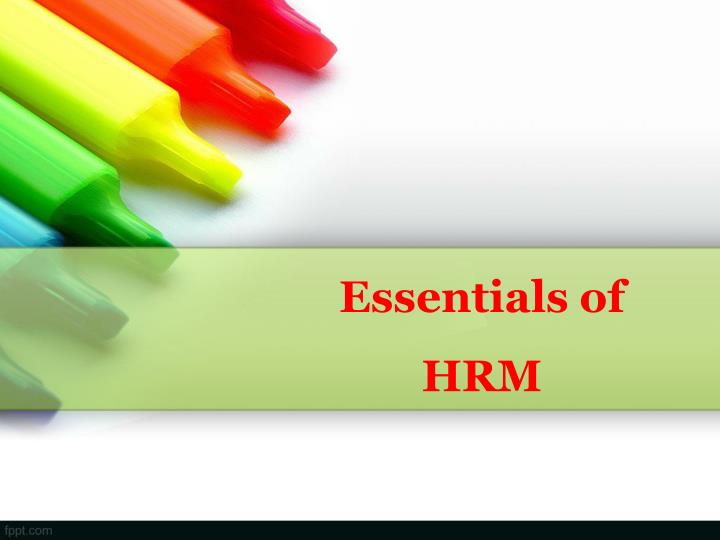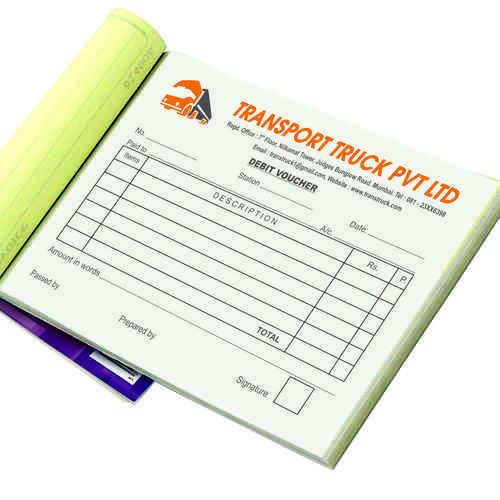Xero vs QuickBooks for Accounting Features, Fees, Support

QuickBooks and Xero are popular accounting software platforms for small businesses. We’ll compare their essential accounting features, pricing, integrations and more to help you choose the right accounting software for your needs. You can simply download the free Xero Projects app on iOS and Android, using it to record time and costs, as well as seamlessly and payroll fraud automatically feed the data into invoices and reports. Premium includes scheduling for jobs and shifts, real-time reporting, custom alerts, and time-off management. Elite offers all of Premium’s features, plus a project activity feed for better control, project estimates that can be easily compared with actuals, geofencing, and support for timesheet signatures.

Xero vs. QuickBooks Online: Finding the Right Accounting Solution for You
- We like that QuickBooks offers extensive features in each pricing package.
- Both QuickBooks and Xero offer tax preparation features, and that feature is just one reason why our researchers gave both services a perfect 5/5 for financial reporting.
- Right now, check that it’s within your budget and is compatible with your point-of-sale and/or payroll software, as well as your accountant’s system.
Xero and QuickBooks Online are two of the most popular accounting software platforms. Here’s our comparison of their pros and cons to help you decide between them. QuickBooks Online is undoubtedly the most recognizable name in accounting software, but there are many other options for small businesses to consider. While QuickBooks is the most notorious, other popular software like Xero could be the better choice for running your business. This option is best for large businesses that could benefit from the extra support features, like a dedicated manager or virtual training classes.

How We Evaluated QuickBooks Online Plans
Other shared features include recurring invoices, one-click client payments and mobile invoicing. We found all these features to be user-friendly in Xero, and we were happy that they are available to all users. You can also use the QuickBooks mobile app to track mileage and run expense reports and cash flow statements. From the desktop suite, you can set custom rules for categorizing all expenses. You can add billable expenses to the invoices you send clients via mobile or desktop.
Sage 50 Accounting
QuickBooks can also track your mileage reliably and automatically using a GPS-enabled smartphone app. This is because QuickBooks was designed for small businesses that might not have an accounting background, whereas Xero was designed with https://www.intuit-payroll.org/ accountants and bookkeepers in mind. QuickBooks is also better for businesses that need to track inventory, as it has built-in inventory management features. Xero also has inventory management, but it’s not one of its core functions.
We also weighed factors such as pricing, user experience, customer service and integrations. Xero and QuickBooks are two the of most popular accounting software solutions for small businesses looking to keep track of finances. While the two both offer similar features, such as tax management, financial reports, integrated payroll, inventory and file storage, the two are not without their differences. Forbes Advisor compared Xero vs. QuickBooks when it comes to the key features, pricing, customer service and reviews to help you decide which is right for your business. Not all accounting and invoicing programs have mobile apps, but the best ones do. Some can only capture receipts for expense tracking, some allow you to create and send invoices, and others have almost every feature the web-based software does.
All of these things can cause extreme frustration, and you’ll need the assistance of product support to solve these problems. To make the decision a little easier, we’re comparing Xero and QuickBooks Online, side by side based on features, pricing, ease of use, and more. Many or all of the products featured here are from our partners who compensate us.
Go to their website for a full breakdown of Quickbooks pricing and deals. Accounting software is used to extract data from large tax documents, create new journal entries, track payments, send invoices, and eliminate manual data entry. Automation can provide enormous time savings for finance departments that total thousands of hours annually, which is another reason to consider implementing accounting software. You can import data from other accounting software in bulk via CSV files once you’ve done some initial set up in Xero. That includes the chart of accounts, invoices, bills, contacts and fixed assets.
To make this easier for you, we’ve created well-formatted comparison articles of the most popular brands to streamline your research. A standout Xero reporting feature is the ability to mark the reports you run most often as favorites. This way, you can access these reports near-instantly upon logging into Xero. Plus, no matter what, profitability reporting and data are available right from the Xero dashboard. Xero’s reporting tools impressed us overall, even though other platforms include a wider variety of reports. We collaborate with business-to-business vendors, connecting them with potential buyers.

Unlike QuickBooks, Xero supports unlimited users and organizations for all accounts. It also offers a 30-day free trial so you can test drive the software before committing to a paid plan. NerdWallet’s accounting software ratings favor products that are easy to use, reasonably priced, have a robust feature set and can grow with your business.
For instance, with QuickBooks Online, your security is handled by QuickBooks. However, as QuickBooks Desktop is locally installed, you’ll be responsible for your own data security. However, the “Secure” brand of checks offer in-depth fraud protection measures that may justify the price, provided you anticipate security risks at your business. For just $50, QuickBooks Live Bookkeeping will set you up with an expert for one session. The custom price varies depending on the size of your business but should be somewhere between $200 and $600 per month. Invoicing templates can be created and re-used with QuickBooks software.

QuickBooks has also stopped allowing users to file their sales taxes online through the service. You’ll need to file business taxes manually, and update your QuickBooks account with the information afterward. This plan is best for small businesses, whether an LLC run by just https://www.personal-accounting.org/ionic-bond-dictionary-definition/ one individual or a simple partnership. It’ll help someone keep their accounting data in one place, although it doesn’t offer many bells and whistles that could be useful for a larger operation. The QuickBooks Simple Start plan costs $30 per month and supports one user.
Once the dust had cleared, the winner was QuickBooks with a top score of 4.7 points overall. QuickBooks’ range of over 650 integrations will help you connect your account to useful third-party apps and services. Perhaps you’ve already used some, like Google’s G Suite or Microsoft’s 365, or perhaps you just need to be able to accomplish something that QuickBooks doesn’t support. Whatever the case, the right integration will make your business operations even more streamlined. The Premium and Elite plans also support automatic filings for state new hire paperwork.

